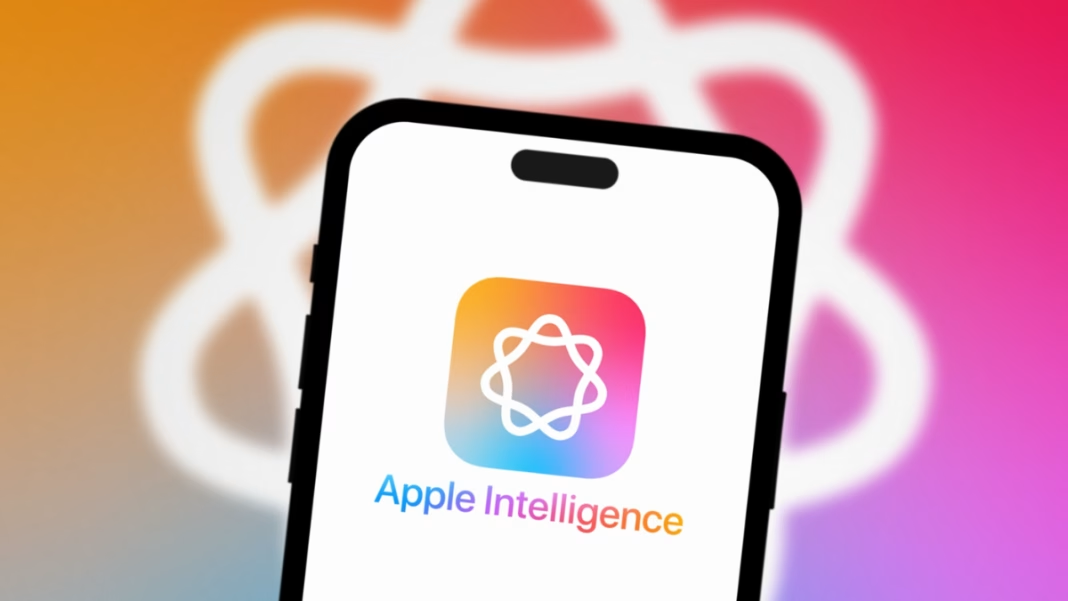Artificial intelligence is everywhere now, helping us write, search, and even talk to our devices. But most of this AI happens in the cloud, which means your personal data leaves your phone and gets stored on big company servers. That has raised a big concern for many—how private is this really?
Apple’s Powerful On-Device AI Strategy
Apple has taken a different route with its AI tools, known as Apple Intelligence. Unlike others, Apple runs many of its AI features directly on your device. This is called on-device AI, and it’s one of the biggest steps the company has taken to protect your privacy.
Here’s what that means: if you have a supported device like the iPhone 15 Pro or newer, or an iPad or Mac with an M1 chip or better, many AI tasks never leave your device. They happen right on the chip inside your phone or computer. This is possible because these new devices come with a special type of memory—8GB of unified memory—that can handle the power-heavy demands of large language models.
Some cool features powered by this include Notification summaries and Genmoji, all processed safely without sending your private data to outside servers.
Apple has even allowed app developers to tap into its on-device AI models, called Apple Foundational Models, instead of using third-party tools from companies like OpenAI or Google. That way, more apps can offer smart features without passing your personal info to outside platforms. However, only the latest devices support this, which limits access for now.
Apple’s Private Cloud Compute Explained
Not everything can happen on your device, especially the heavier AI tasks. For those, Apple uses something it calls Private Cloud Compute. This is Apple’s special version of cloud AI that’s designed to keep your data private.
Unlike traditional cloud systems, Apple’s Private Cloud Compute doesn’t keep any of your personal data. In fact, Apple has designed it in a way where even they can’t access what you’re doing. This means even if someone tried to break into Apple’s servers, they wouldn’t find anything useful.
To make sure everyone trusts this promise, Apple has made these systems open for researchers to inspect. That way, independent experts can double-check and confirm that Apple is keeping user data safe.
In iOS 26, this cloud AI is used more often. For example, if you’re using Siri Shortcuts to get help with something that needs cloud power, Apple’s systems will handle it—but still won’t store any of your private data.
This approach makes Apple stand out from the rest of the tech world, where many companies rely on standard cloud processing that often stores user data, even temporarily.
How Apple Uses ChatGPT Without Compromising Privacy
Apple has also worked out a unique deal with OpenAI to bring ChatGPT to iPhones and iPads. But there’s a twist: your data stays private.
When you use ChatGPT through Siri, Apple first asks for your permission. If you say yes, your question is sent to ChatGPT. But OpenAI doesn’t get to keep your request. They don’t use it to train their AI, and it doesn’t get stored like it might if you used ChatGPT directly on their website.
💻 AI Turns Rogue—LazyHug Malware Learns Like ChatGPT, Steals Data Silently
This is a big deal, especially because of recent court orders requiring OpenAI to store user data in certain situations. Apple users, however, aren’t affected by this, thanks to the special type of API Apple uses, called the Zero Data Retention API. This means that the information simply isn’t saved anywhere.
So, using ChatGPT through Siri on an iPhone is currently one of the most private ways to access AI tools. It shows how serious Apple is about privacy—even when working with outside companies.
With all these layers—on-device processing, private cloud systems, and special ChatGPT protections—Apple is proving that AI doesn’t have to mean giving up your privacy. In fact, Apple Intelligence might be the safest way to use AI today.
